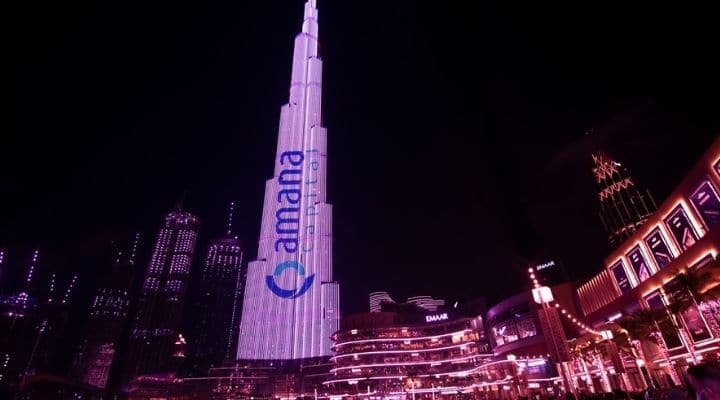amana, a Dubai-based retail broker, has updated its pricing strategy by launching zero-fee trading services for all the stocks listed in the Middle East and North Africa (MENA) region. The brokerage already offers commission-free trading on US stocks, indices, commodities, gold, currencies, and even cryptocurrencies.
The Success of the Commission-Free Model
According to the official announcement, amana followed the footsteps of Robinhood, which disrupted the American brokerage market with its commission-free trading offerings. Finance Magnates recently reported that Robinhood turned a net profit of $30 million in Q4 as its quarterly revenue soared.
Following the success of Robinhood, several established brokerages in the US and globally introduced a zero-fee pricing model. Several competitors of amana, including eToro, Capital.com, RoboMarkets, and many others, have launched commission-free trading.
“Our initiative will provide more investors and traders across MENA access to local equity markets - in a cost-effective, fractionalized method, for everyone,” amana’s CEO, Muhammad Rasoul, said. “We believe the MENA opportunity is big, and everyone should be able to participate in that growth opportunity.”
Reducing Barrier for MENA Investors
When it comes to investing in stocks, the countries in MENA are lagging behind the Western ones. amana pointed out that only 5 percent of the region’s population participates in the stock market, compared to 58 percent in the United States and 33 percent in the United Kingdom.
However, the markets in MENA are relatively small. As highlighted by amana, more than 1,000 companies are listed in MENA with an estimated combined capitalization of $4 trillion.
Earlier, amana reduced the barrier to investing for retail investors by introducing fractional stocks, allowing investors to purchase only portions of company stock as the whole unit of the stock might be too expensive to procure.
“This move exemplifies amana's core values. As a locally built broker, our mission extends beyond being a part of this emerging region's growth; it's about ensuring that as many people as possible can share in the economic potential of this once-in-a-generation regional transformation,” Rasoul added.

















